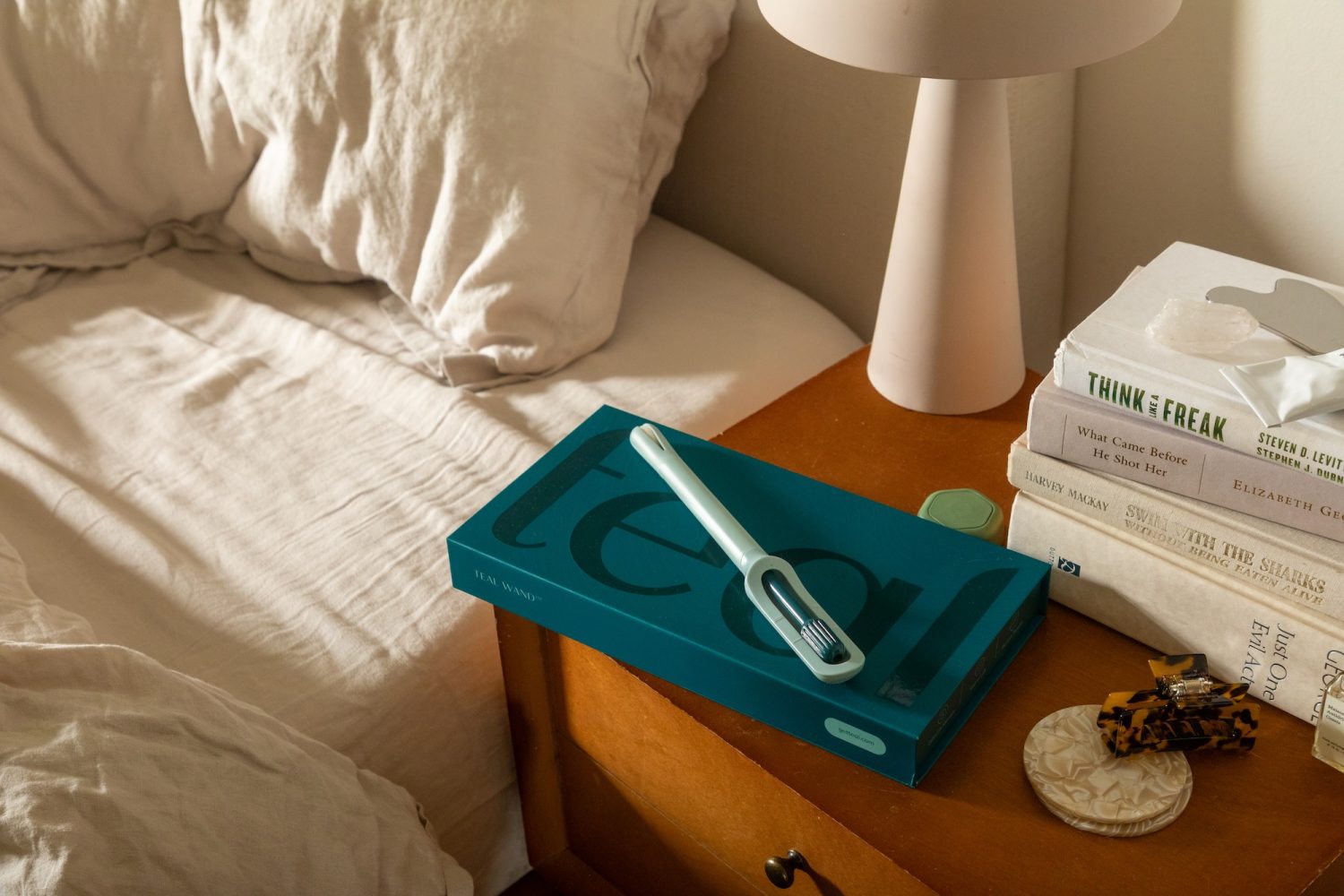
Teal Health

Audio By Carbonatix
If there is a woman out there who enjoys getting a pap smear, we have yet to find her. It’s a cold and awkward experience at best, and painful at worst. It’s the kind of medical procedure that leaves you in no rush to schedule your next one, even though it can be a vital tool in preventing or detecting early-stage cancer.
But what if you could perform a screening at home, by yourself? Stirrups be damned.
The Observer’s office was split on the idea as we discussed Teal Health, the company that received FDA approval for an at-home cervical cancer screening kit in May. The kits just launched in Texas, where an estimated 1,500 women are diagnosed with cervical cancer each year. (The kits utilize an HPV screening test, which is typically done alongside a pap smear to ensure accuracy and is a medically distinct process, although the term “pap” is colloquially used to describe the general, overall experience.)
The kits replace the classic speculum-and-swab smear with a tampon-esque wand, making the process one that women are already familiar with. Teal Health CEO Kara Egan believes that comfort will help the at-home kits boost testing rates and overcome the barriers keeping thousands of women out of clinics. The company’s FDA trials showed that the at-home kits have the same level of accuracy as an office visit test.
“It’s hard to find an appointment, it’s hard to find time in your own day and then no one looks forward to it even if they can,” Kara Egan, CEO of Teal Health, said. “Those three things combined end up creating a really big problem where in the U.S., close to one in three women are actually currently behind on their screening.”
The American Cancer Society reports that across the nation, women are less likely to be screened for cervical cancer than they were five years ago. That dip is especially prevalent in Latino and Asian communities.
The company has a waitlist of 40,000 women, with thousands of them residing in Texas. Egan says the product is launching at a time when the OB-GYN workforce in the Lone Star State is strained, making it more challenging to get a timely appointment. According to The Texas Tribune, Texas’ abortion ban is pushing OB-GYNs out of the state or causing some to retire early. By 2030, the state is expected to have 15% fewer OB-GYNs than are needed to meet demand.
A measure of health care quality, outcomes, coverage, access and affordability by The Commonwealth Fund found that Texas ranks 50th in the U.S. for women’s health. Since 2021, maternal mortality rates have steadily increased.
“Women need a win, and this is a great win,” Egan said. “Like, it’s huge. Every woman is affected by this.”
At-home healthcare is a trend that has exploded since the pandemic, but accessibility remains an issue. Texas’ OB-GYN shortages are expected to hit rural areas especially, and Egan believes one advantage of the Teal test is that it can be mailed back to the lab using the USPS, which serves all types of communities. Other diy screenings, such as at-home colon cancer tests, must be shipped using UPS, which may not be available in some remote areas.
Patients are required to attend a telehealth appointment with a Teal Health provider to be prescribed a kit. Although the appointments are now covered by most insurance plans, the kits still cost approximately $99. Without insurance, the visit and kit cost approximately $250. Between a telehealth visit, shipping time and lab processing, Egan said most patients should learn their results in around two weeks.
Providers also offer references to in-person care for any patient with abnormal results who may need a follow-up procedure. As a company by women and for women, Egan said there is a level of vetting that is done before the company recommends a practitioner, ensuring that every individual’s needs are accounted for.
“Your needs could be your insurance, your needs could be location … it could be trauma-informed care,” Egan said. “What we’re finding with Teal is a lot of times women have experienced trauma, and there’s multiple reasons for that trauma. It could be birth trauma, it could be sexual trauma, it could be any number of traumas. There’s a reason why women aren’t that comfortable going to the doctor’s office.”